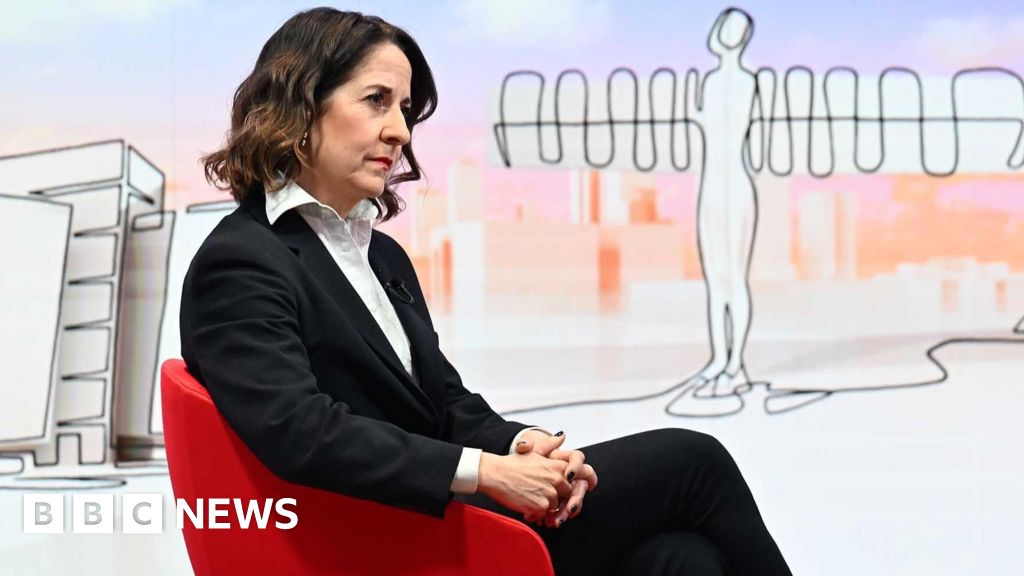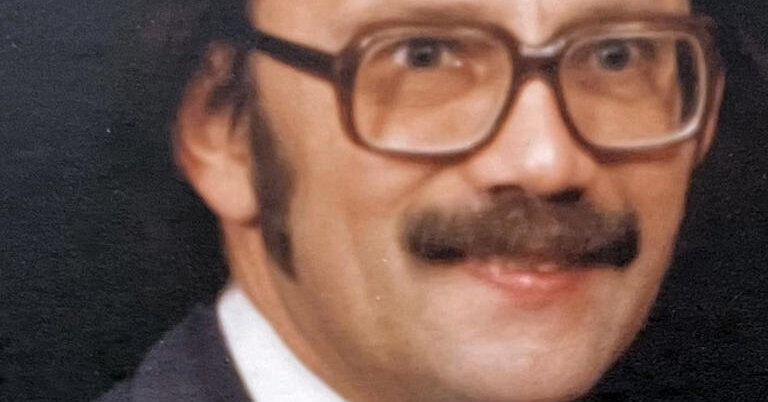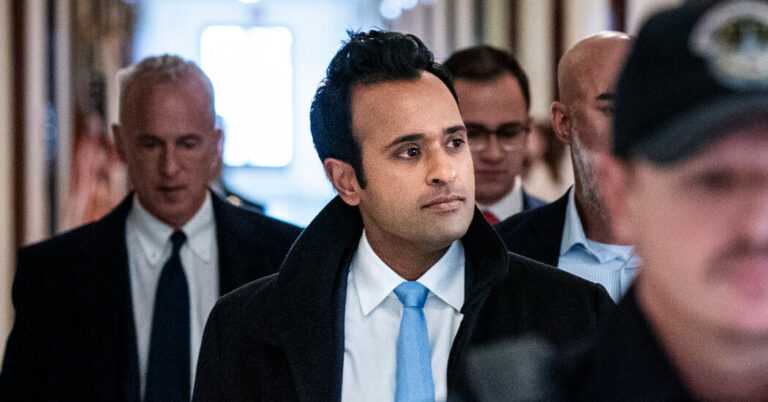Here is the plain text result:
The assisted dying bill has been defended by Work and Pensions Secretary Liz Kendall who told the BBC it was about the “right to choose”. She refused to criticise Justice Secretary Shabana Mahmood, who wrote to her constituents this weekend saying the proposed changes would create a “slippery slope to death on demand”. Kendall told Sunday with Laura Kuenssberg she believed the bill would give people “power, choice and control” over their own deaths.
Speaking on Sunday with Laura Kuenssberg, Kendall said: “I think you should have the right to choose. The point is not that this is for everybody.” Kendall, who is a long-time advocate of assisted dying, called the debate on the bill part of a “bigger” national discussion as more people “have longer deaths”.
MPs will get a free vote on Friday on the bill – introduced by Labour MP Kim Leadbeater – meaning they can follow their conscience rather than party orders. Public opinion shows a majority support of changing the law, with the latest YouGov poll, showing 73% of Britons support allowing assisted dying in principle.
Campaigning for both sides continues in the run-up to Friday’s vote, which will be the first public expression of MPs’ support. Former Labour prime minister Gordon Brown told BBC Radio 4’s Sunday programme he wanted to see more debate on the issues.
Mahmood joined Health Secretary Wes Streeting and Education Secretary Bridget Phillipson who have already said that they would vote against the bill. Care Minister Stephen Kinnock expressed his support for the bill, while Prime Minister Sir Keir Starmer backed assisted dying proposals the last time they were debated by MPs in 2015. This time round he has said he will not pressurise Labour MPs either way.
Campaigners supporting the bill, including broadcaster Dame Esther Rantzen, argue terminally ill people should get a choice over how they die to avoid unnecessary suffering. Dame Esther, who revealed last year she had joined Dignitas after a terminal cancer diagnosis, described the new bill as “wonderful”.
Speaking to Sky News, Leadbeater said she had no doubts “whatsoever” her proposed bill was the right thing to do. Current laws are “failing” causing families to lose loved ones in “harrowing circumstances” and leaving people to endure “painful deaths”, she said.
The divide on the assisted dying bill has not split neatly down party lines. Conservative shadow housing secretary Kevin Hollinrake told the BBC he plans to back the bill. Hollinrake argued he and others “would like that choice” at the end of their lives and he did not “think it’s right for the state to prevent them”.
While acknowledging other ministers concerns, he said he trusted Parliament to keep checks in place to protect the system. Veteran broadcaster Jonathan Dimbleby rejected fears of a “slippery slope” on assisted dying, citing Oregon in the US – which introduced similar laws 27 years ago without expanding them further.
However former culture secretary Nadine Dorries said she was against the bill and called for more palliative care. She said she was “forever grateful” her late husband had changed his mind about taking his own life after a terminal bowl cancer diagnosis, allowing him to have “the best four months” with his family before dying. Broadcaster Piers Morgan meanwhile told the panel he felt conflicted but urged for more hospice funding to ensure peaceful deaths for the terminally ill.
Source link




